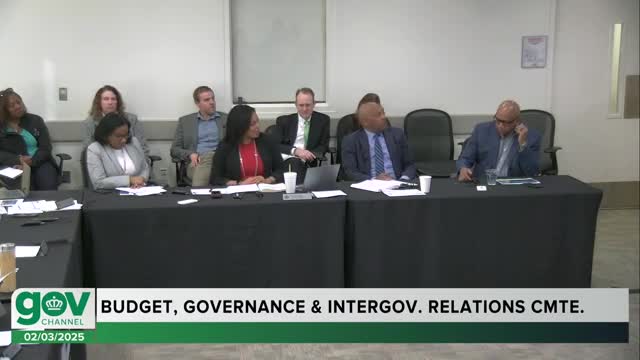Article not found
This article is no longer available. But don't worry—we've gathered other articles that discuss the same topic.
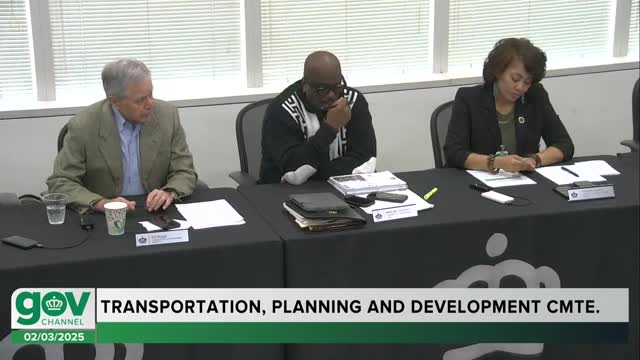
Planning staff outline schedule changes after SB 382; several UDO text amendments delayed
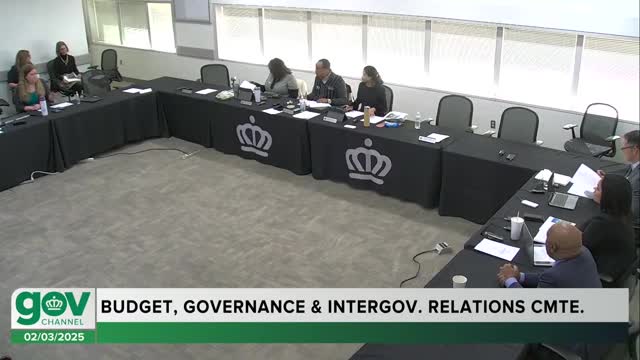
Budget timeline and Financial Partners: city staff say 51 applications received and urge committee to set priorities
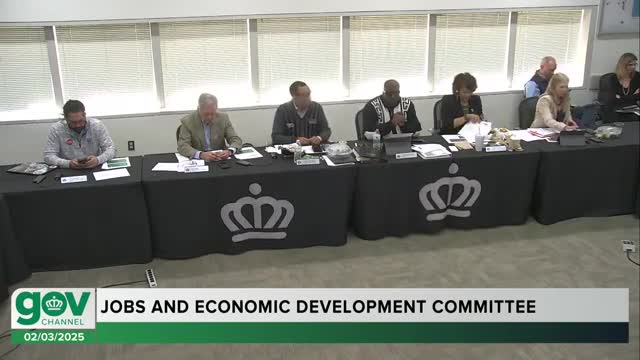
City staff brief committee on CPACE financing option for commercial energy, water and resilience projects
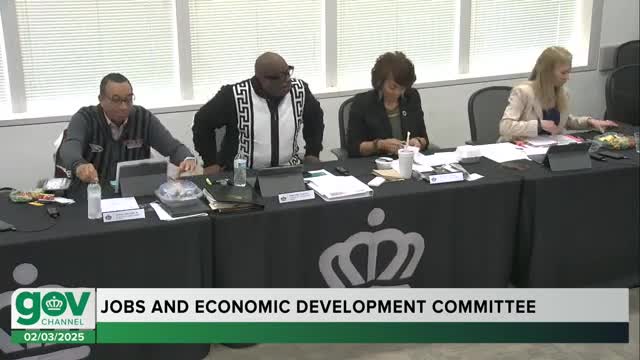
Draft workforce development plan: city proposes three focus areas and metrics; Office of Workforce Development aims for March city review
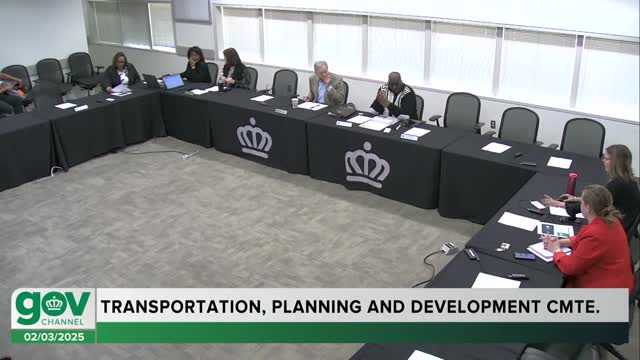
Charlotte committee reviews updated Strategic Energy Action Plan, adds interim goal and community renewable-energy target
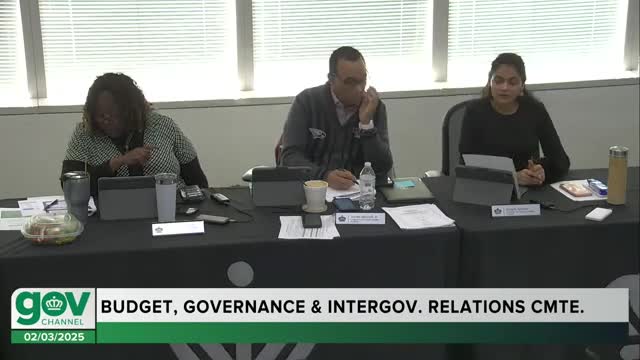
Committee hears case studies after hotel and apartment displacements; staff to propose code, process and partnership changes in March
